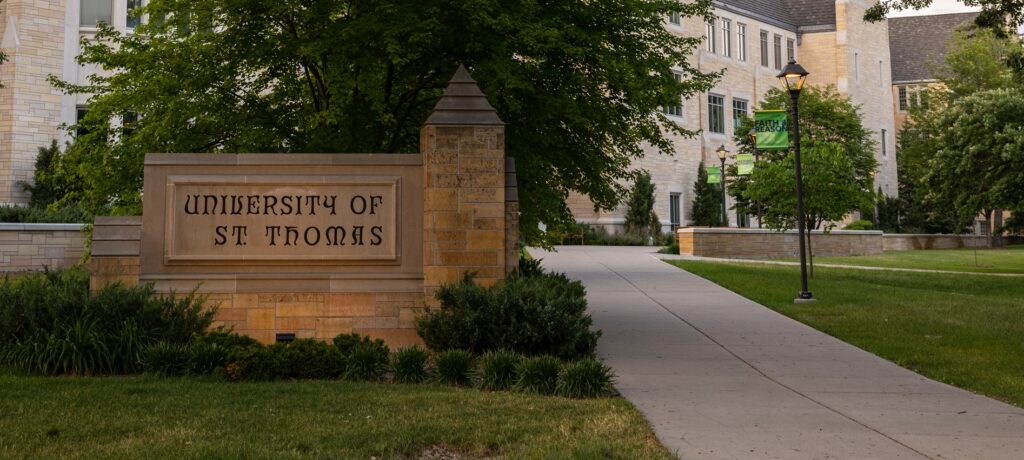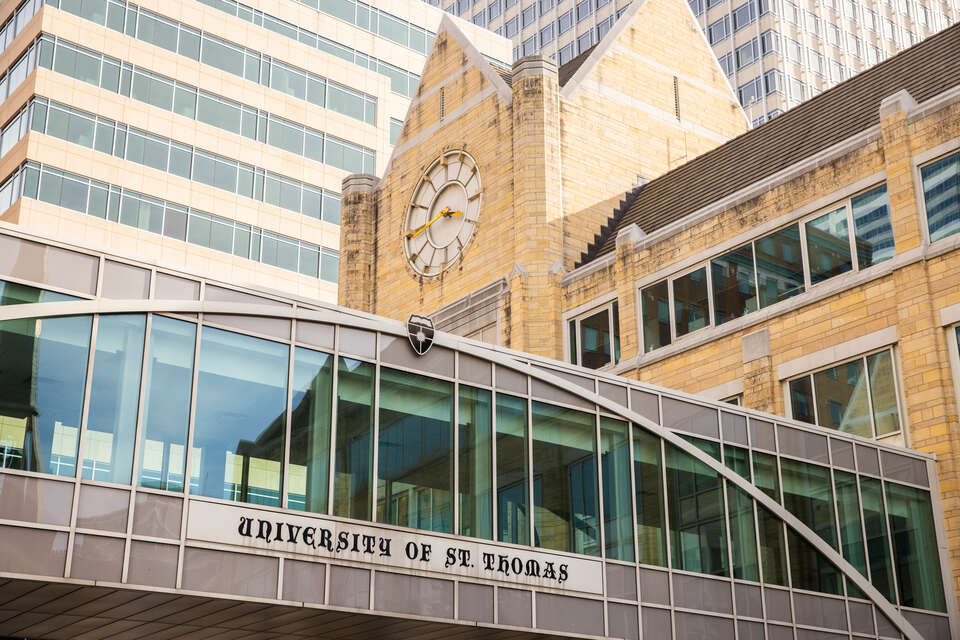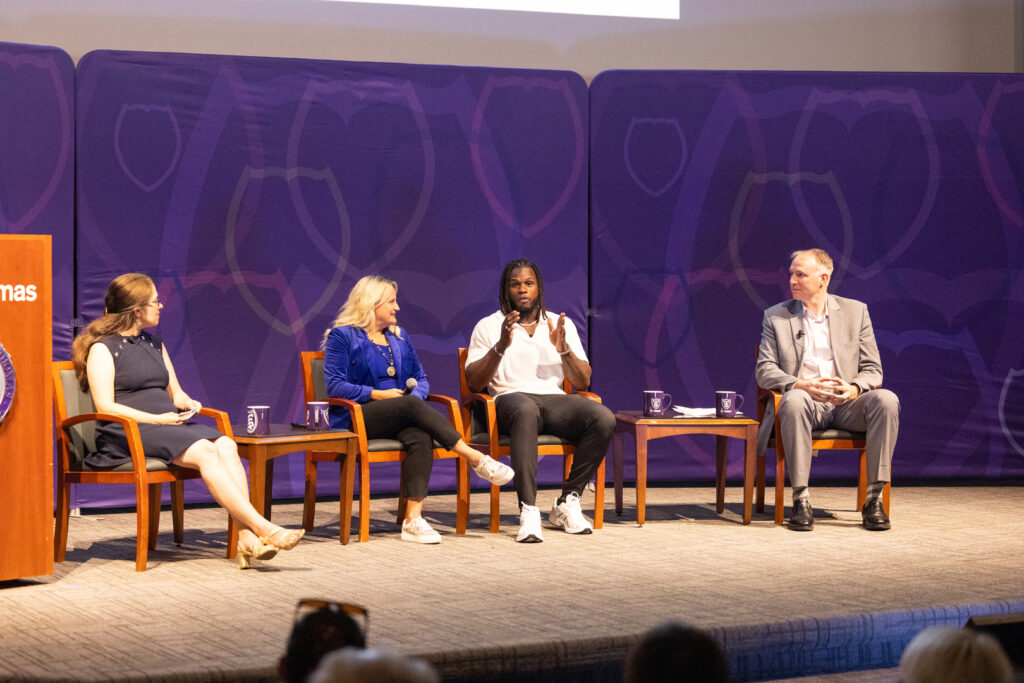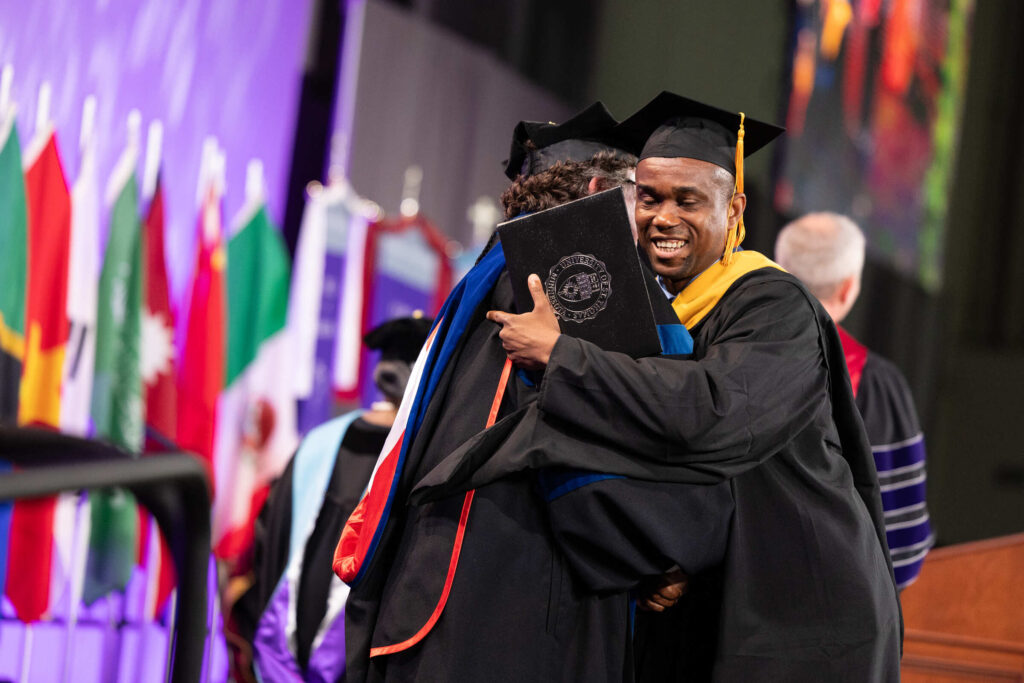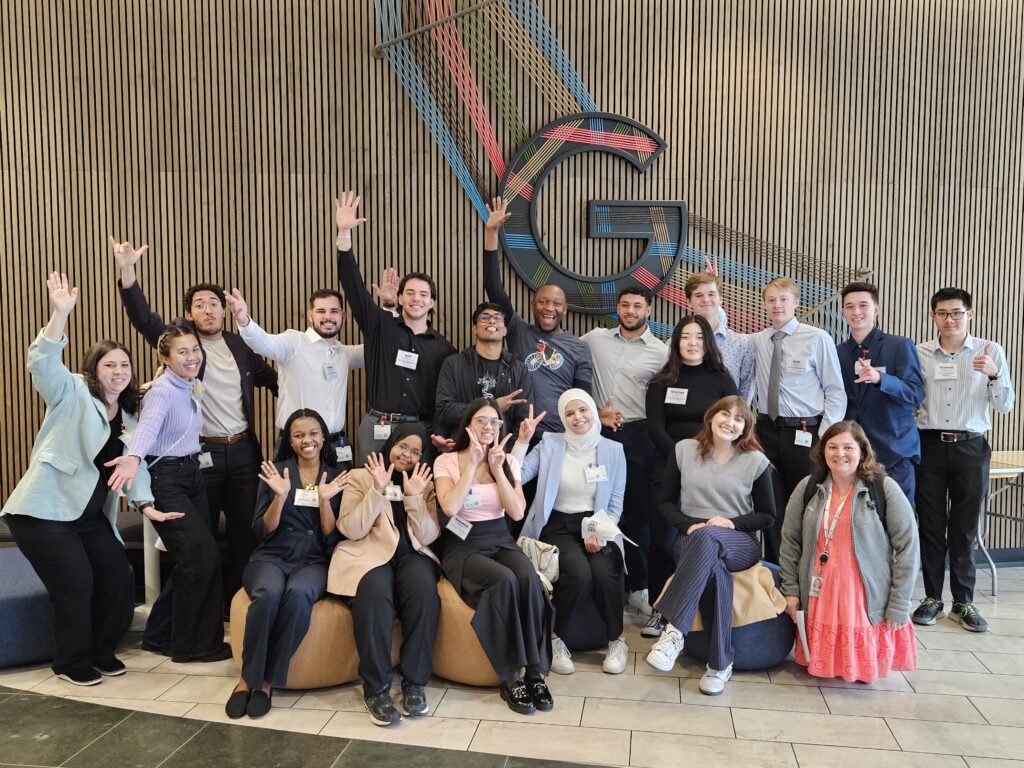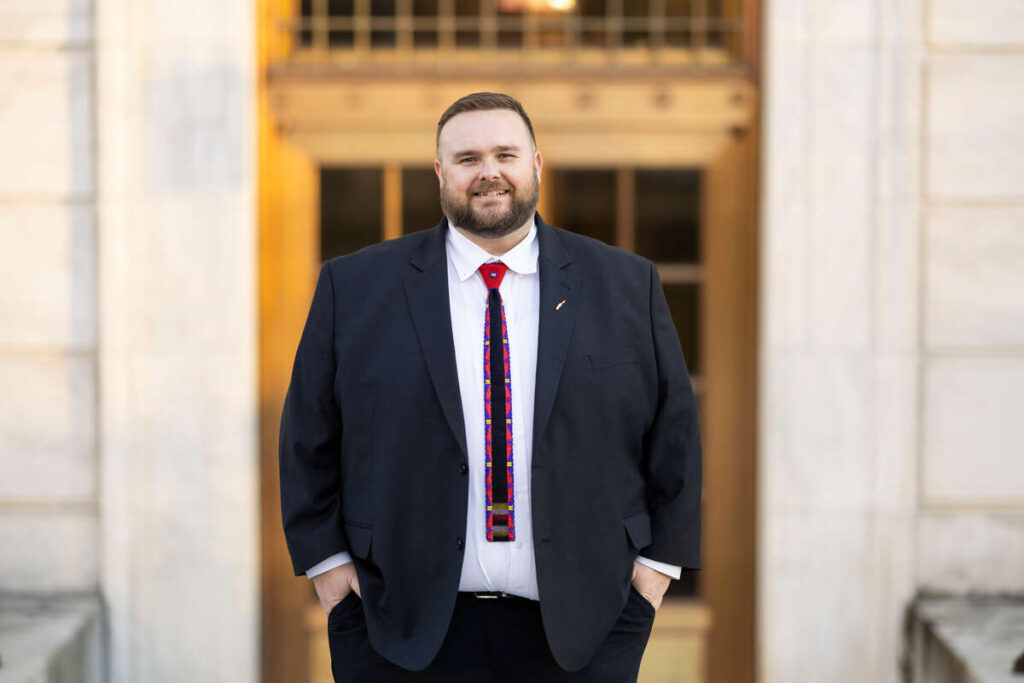President of National Academy of Engineering to discuss imperative for educating more U.S. scientists and engineers
Dr. William Wulf, president of the National Academy of Engineering in Washington, D.C., will keynote an event, “Engineering, Minnesota’s Future: A Critical Partnership Opportunity,” on Thursday, Jan. 19, at the University of St. Thomas.
In his address, titled “The Imperative for Educating More Scientists and Engineers in the United States,” Wulf is expected to provide his insights on how this country can sustain its competitive edge in science and technology innovation. The speech begins at 7 p.m. in O’Shaughnessy Educational Center auditorium on the university’s campus in St. Paul.
Wulf will be a special guest at a 5 p.m. reception, dinner and dialogue preceding his address. Reservations are being taken at the St. Thomas School of Engineering, (651) 962-5750, or online at www.stthomas.edu/engineering/events. A 6 p.m. reception and Wulf’s 7 p.m. address are free and open to the public.
Founded in 1964, the National Academy of Engineering provides engineering leadership in service to the nation. The NAE operates under the same congressional act of incorporation that established the National Academy of Sciences, signed in 1863 by President Lincoln. Under this charter the NAE is directed "whenever called upon by any department or agency of the government, to investigate, examine, experiment, and report upon any subject of science or art." The NAE is a private, independent, nonprofit institution. In addition to its role as adviser to the federal government, the NAE also conducts independent studies to examine important topics in engineering and technology.
President of the National Academy of Engineering since 1997, Wulf also is vice chair of the National Research Council, the principal operating arm of the national academies of sciences and engineering. Wulf is on leave from the University of Virginia, Charlottesville, where he is a university professor and AT&T Professor of Engineering and Applied Sciences.
In 1968 Wulf received the first computer science Ph.D. ever awarded at the University of Virginia. He then joined the faculty of Carnegie-Mellon University, where he taught until 1981. He then founded and served as chairman and chief executive officer of Tartan Laboratories until 1988, when he became assistant director of the National Science Foundation. In 1990 he returned to the University of Virginia. He is a Fellow of the National Academy of Engineering, a Fellow of the IEEE and a member of the American Academy of Arts and Sciences. He also is the author or co-author of three books and more than 100 papers and technical reports, and holder of two U.S. patents.
The St. Thomas School of Engineering and its dean, Ronald Bennett, will host the event. Among co-sponsors are the Minnesota High Tech Association, Crown Iron Works Co., Medtronic Inc., MTS Systems Corp., Twin City Fan & Blower, and Unisys Corp.
Bennett called “troubling” a 20-year national decline in the number students enrolled in engineering programs. He also noted Minnesota’s bottom-quartile ranking for numbers of engineering students per capita. “But the market for new engineers is expected to grow by 400,000 in the next 10 years,” Bennett said. “Where are they going to come from?
“For Minnesota to remain competitive as a high-tech state,” Bennett concluded, “we need to produce more engineers and support enhancements of K-12 science and math education. We need to better ‘grow’ our own engineers.”
Gov. Tim Pawlenty has proclaimed January 2006 as “University of St. Thomas School of Engineering Month.” The proclamation cites the relationship between Minnesota’s quality of life and the education of its citizens. It goes on to note that the state’s future is “inextricably entwined” with the development of innovative engineers, particularly School of Engineering alumni who make significant contributions to Minnesota’s economy and quality of life.
